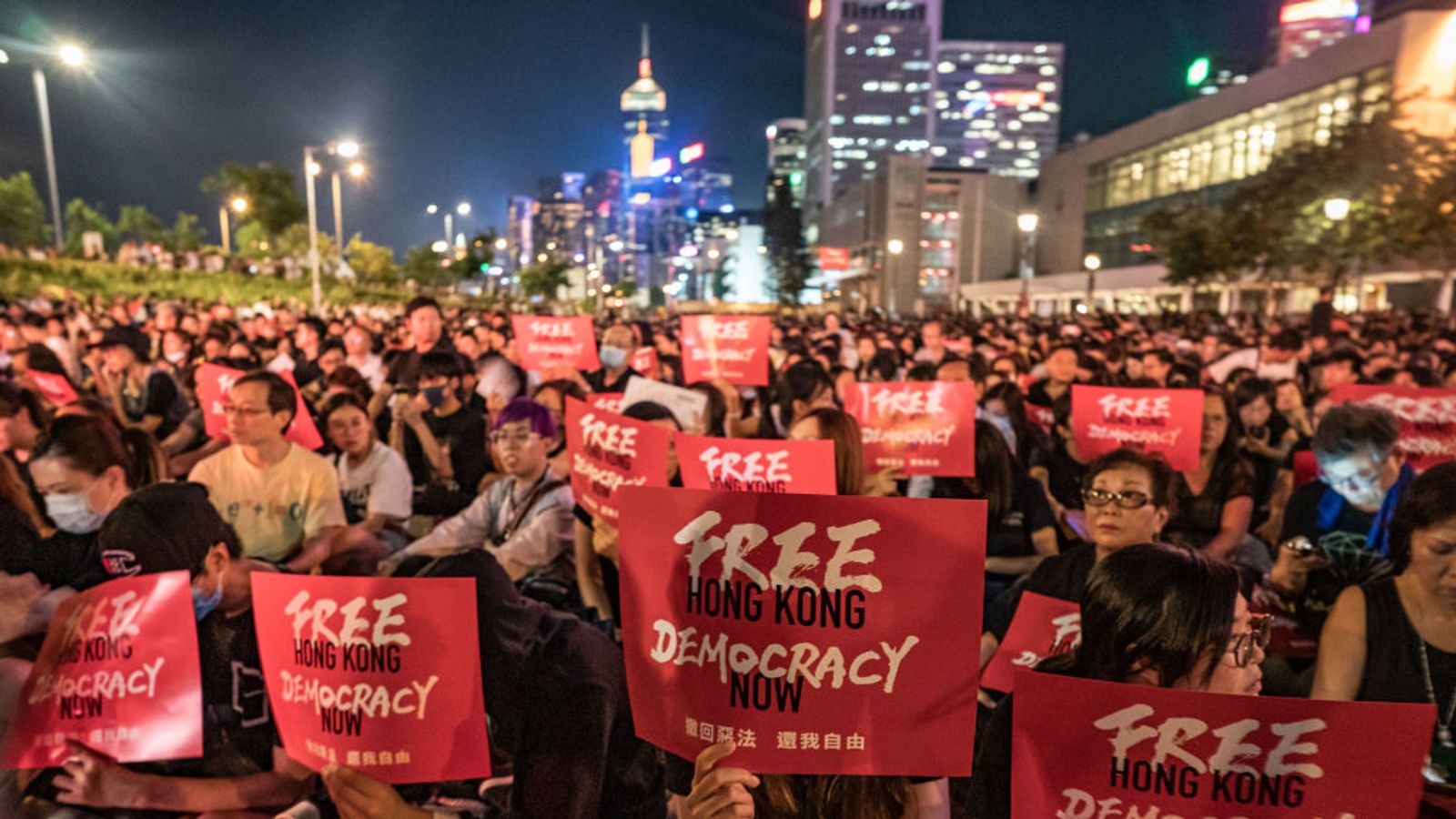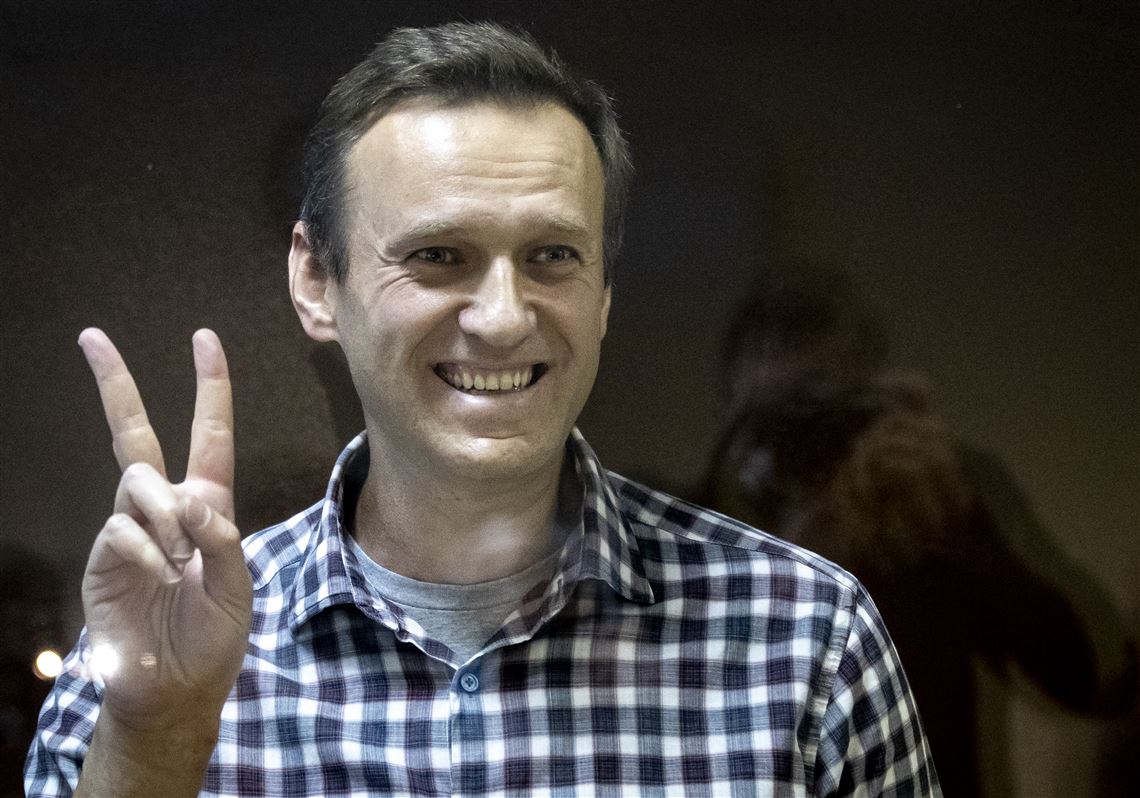Term Paper 4
In America, there are many press freedoms, which allow everyday citizens to judge and decide on what they want from their government. However, other places around the world have more restrictions than freedoms, with some more severe than others. Some examples of this are in China and Russia.
China
More pressures have been put onto citizens of Hong Kong, which was previously under a democratic system as a British Colony. Over the course of the last few years, more and more restrictions have been put on journalists. Several journalists even go missing or are wrongfully convicted while investigating misconduct.
“The space for free speech has become so limited,”
Zhang Wenmin, an investigative journalist based in Beijing, told The New York Times. “It’s now dangerous to say you are an independent journalist.” Zhang Wenmin is just one of many journalists facing danger while trying to hold their government accountable.
Even citizen journalists, reporting the treatment of citizens and the handling of Coronavirus in Wuhan after the outbreak have their posts scrubbed from search engines and are silenced.
“We’re almost extinct,”
“We’re almost extinct,” said Liu Hu, 43, a reporter from the southwestern
province of Sichuan who was detained for nearly a year after investigating
corrupt politicians. “No one is left to reveal the truth.”
quoted from The New York Times.
The Chinese press is calling for more defense of China’s socialist system.
Instead of questioning and scrutinizing their leaders and their actions,
leaders of the press act to glorify and praise them while covering up their
atrocities. Journalists across the country are urged to create clickbait
instead of investigative pieces, which would act to saturate search results
and turn attention away from larger issues.
“Issues that used to be covered a lot suddenly became restricted,” said Xue
Lei. Xue Lei used to be a reporter for the Beijing Youth Daily, before he quit
to work in public relations at a technology firm. “Sometimes you wouldn’t even
know where a censorship order was coming from.”
Many refer to this era as an era of censorship for China. “The government has
made its citizens ignorant,” Mr. Liu said. “The public’s eyes are blind, their
ears are deaf and their mouths have no words.” Without anyone reporting on the
truth of these issues, how much longer will it be before citizens are left to
live under a monolithic government.
Russia
Another area with heavy censorship is Russia. Alexei Navalny, a Russian
lawyer, and corruption activist was recently imprisoned after being poisoned
with a Novichok nerve agent, which was developed as a weapon by the Soviet
Union and Russia between 1971 and 1993.
"This is the continuation of the old and horrific tradition of torturing
political prisoners in the USSR and now Russia," Mr.Kara-Murza believes.
"These people know no bounds."
quoted from BBC.
Navalny has more than six million YouTube subscribers and more than two
million Twitter followers. He would use his platform to share messages about
corruption in Russia’s government that he would learn about through his
investigations and to organize political protests.
In 2017, Navalny released a documentary,
Don’t Call Him “Dimon”
that provided evidence of the corrupt acts of former President and Prime
Minister, Dmitry Medvedev. In only one week, the video had 7 million views, as
of 2021, it has over 44 million views. The documentary lead to mass protests
across the country.
It was apparent that Alexei was influential as a reporter and that people
trusted his research and transparency. Even if they didn’t trust him, the
evidence he provided was so undeniable that the facts would speak for
themselves. Of course, this would only lead to trouble and scrutiny for those
in power.
After Navalny was poisoned, hospitalized, and detained in Russia. A Russian
court sentenced him to 3 1/2 years in a penal colony for violating probation
terms. Although, the European Court of Human Rights ruled that Navalny's
conviction for fraud and money laundering "was based on an unforeseeable
application of criminal law and that the proceedings were arbitrary and
unfair” the court upheld their decision.
2 days after he was detained by Russian authorities, an investigation by
Navalny and the FBK was uploaded to YouTube.
This documentary, “Putin’s Palace: History of World's Largest Bribe” , accused
Putin of committing fraud and using the obtained funds to build a massive
estate. This documentary lead to more protests with many calling for the
release of Alexei Navalny. Although Putin denied ownership of the palace and
the oligarch Arkady Rotenberg claimed ownership, many still are in protest.
The documentary is the most popular video on Russian YouTube according to
The Moscow Times. A poll also found that almost
1 in 4 Russians
have viewed the documentary. I would also recommend watching the video.
After viewing it, I have to say that it’s a masterpiece of storytelling and it
was amazing to see the efforts that Alexei and his team of journalists had to
go through to obtain the information they shared with the public.
Alexei Navalny’s story of fighting corruption in Russia is one that almost
sounds more like a movie than real life. Which I believe highlights the
freedoms we have in America that it seems unreal and dystopian to hear about
the difficulties that journalists in other countries have to go through just
to communicate the truth to the public.





0 comments